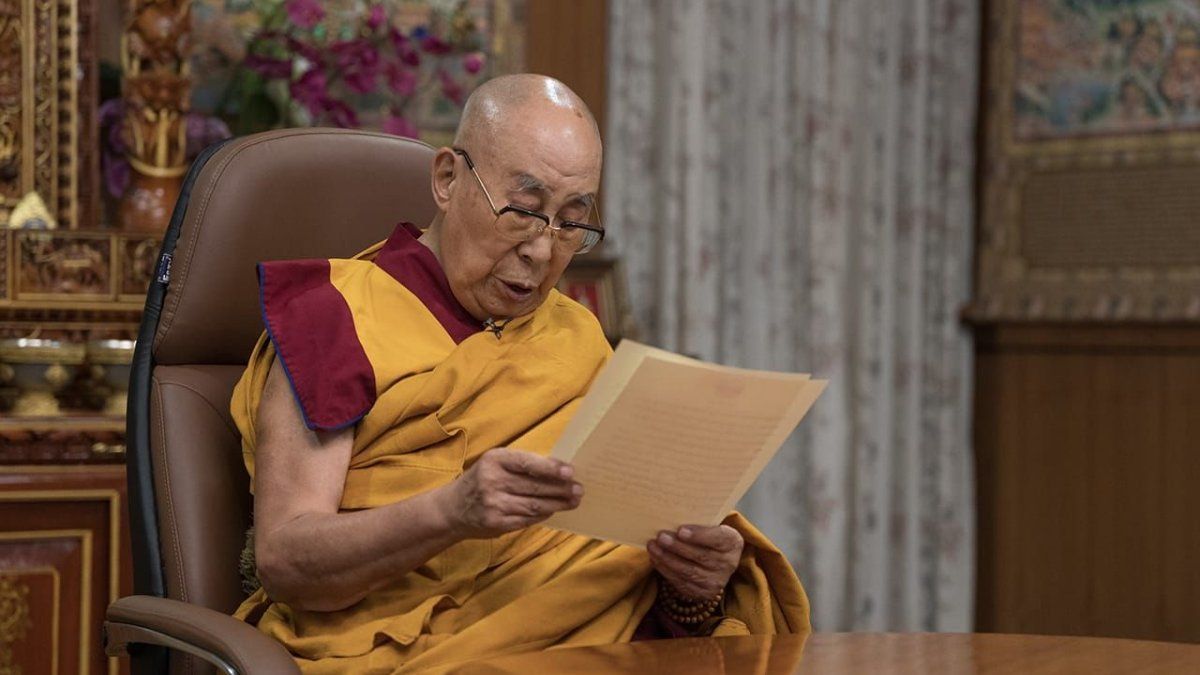With the rulings of the Supreme Court of Justice of the Nation issuing precautionary measures in relation to the elections in San Juan and Tucumán, the debate on the role of Justice in a democratic and republican system is revived, and antagonistic political interpretations of convenience are strengthened. at the juncture. However, we must take the opportunity to rethink the principles and values enshrined in our National Constitution that are the foundation of our institutionality and that give meaning to its permanence over time with a progressive interpretation that is socially valuable and consensual.
The alternation in power that is supposedly guaranteed by the prohibition of indefinite re-elections does not necessarily guarantee avoiding autocratic governments or personalities in politics, but in the consolidated common sense from a republican perspective they contribute to softening their existence.
Undoubtedly our national Constitution consecrates the periodicity and renewal of authorities and with different variants the constitutions of San Juan and Tucumán. According to the first, the Governor and the Lieutenant Governor last four years in the exercise of their functions and can be re-elected consecutively up to two times. The Constitution of Tucumán says that the Governor and the Lieutenant Governor last four years in office and may be reelected for a consecutive term. The Lieutenant Governor, even if they have completed two consecutive terms as such, may stand and be elected Governor and be re-elected for a consecutive term. In the first case, it says nothing about how a fourth re-election is computed if someone integrated the formula but as Vice and not as Governor. And in the second case, it says nothing about who was Governor twice and is now running for Vice.
In all cases there is a majority doctrinal opinion that the interpretations should always be as restrictive as possible so as not to enable traps that facilitate indefinite re-elections. Therefore, unless expressly authorized, the criterion is negative.
In San Juan, Sergio Uñac ran for a third consecutive term as governor, but a fourth as a member of the Executive Power, since he had previously been deputy governor of José Luis Gioja.
In Tucumán Juan Manzur intended to be a candidate for lieutenant governor and, if elected, would begin his fifth consecutive term as a member of the ruling formula in December
The biggest problem in this case is the context in which three judges of the Court are deciding in the middle of their own impeachment on a politically sensitive issue. And other principles that have to do with our federal system and who is the highest authority in electoral matters come into play. If this is provincial or federal competence.
In our federal system, electoral matters in each province are the responsibility of the local Justice. However, the Court has the possibility of intervening with original jurisdiction whenever it establishes that federal constitutional principles are violated or are at stake or at risk. On this subject, Rosenkrantz’s change of criteria in this regard is unfortunate. In the Weretilnek case in 2019, he argued that the federal Court should not meddle and that local courts interpreted their own Constitution, unless the decision of the local body was arbitrary, that is, it could not be supported by any possible interpretation or it departed in ostensible form of the local constitutional text. This turn of the Supreme Court reduces the credibility of the majority vote.
In the current cases, the Court has not yet ruled on the substantive issue, but declared its original jurisdiction to hear both and granted precautionary measures presented by the opposition. In the same sense, in the last 10 years there are three precedents in which the highest court annulled provincial candidacies. It is striking that Carlos Rosenkrantz has voted in dissent to enable the re-election of Alberto Weretilneck in the elections for Governor of Río Negro -who was stopped by the majority vote- and that he is now voting against.
The problem of the Court’s ruling is political. The problem is that you don’t make a well-informed decision and you don’t do it at the right time. At a time when democracy creaks because there is a serious discredit of the judiciary and representative democracy, serious damage is generated to the democratic system.
The Court is a power of the State. He is aware of the impact that this decision generates. He knows that this deepens the rift and increases suspicions in the population of a move in favor of the Judiciary.
There is no doubt that the majority of constitutionalists would agree with understanding a restrictive decision on the merits of the matter. The unfortunate thing is that they are not issued on the merits and that they issue a precautionary order days before an election with few grounds, generating serious uncertainty and weakening the electoral chances of Justicialism in both provinces if they had to rearm their candidacies in a very short time.
Our expectations about how a Court should act lead us to propose that a new legitimacy should be built. The Court must inspire us with respect for its authority, for its unsuspected action in favor of and in defense of the principles and values enshrined in the Constitution, but fundamentally because it should be some of us who occasionally occupy a chair to control the exercise of power of the other powers in defense of the citizenry. In addition to its patriarchal composition -which at this civilizing height is already irritating for our gender perspective-, its behavior does not contribute to improving its image or reestablishing public confidence in Justice.
Source: Ambito
David William is a talented author who has made a name for himself in the world of writing. He is a professional author who writes on a wide range of topics, from general interest to opinion news. David is currently working as a writer at 24 hours worlds where he brings his unique perspective and in-depth research to his articles, making them both informative and engaging.




